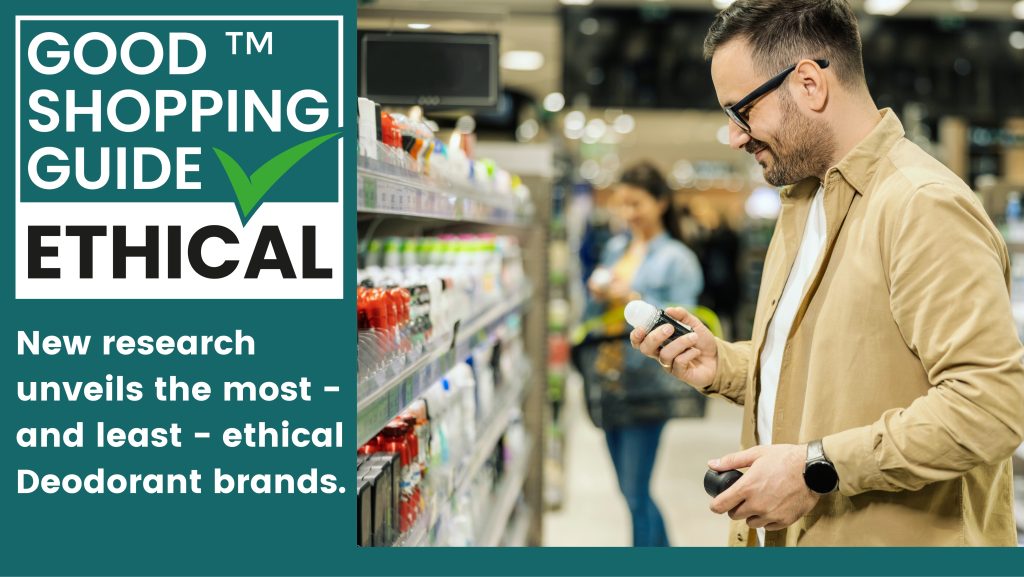Carbon Neutral, Net Zero & More: A Quick Explainer
Sustainability Claims Explained
As sustainability becomes a cornerstone of brand identity, so does the need for clear, credible communication. But even well-intentioned companies fall into the trap of using terminology like carbon neutral and net zero interchangeably — and that can cost more than just credibility.
In this short read, we’re breaking down the real definitions behind key climate terms — so your sustainability claims are as accurate as they are impactful.
Carbon Neutral vs Net Zero: They’re Not the Same
Carbon Neutral means that a business offsets as much carbon dioxide (CO₂) as it emits — typically through verified carbon credits or removal strategies. This balance is focused solely on CO₂.
But Net Zero goes further. A Net Zero company isn’t just carbon neutral — it addresses all greenhouse gas (GHG) emissions, including methane (CH₄) and nitrous oxide (N₂O). It requires not just offsets, but reductions across the value chain, often guided by frameworks like the Science-Based Targets initiative (SBTi).
So, while every Net Zero company must be carbon neutral, not every carbon neutral company is Net Zero.
What About Climate Positive and Carbon Negative?
Here’s where it gets even more nuanced.
Both climate positive and carbon negative refer to businesses that go beyond net zero — by removing more carbon than they emit. This means their activities have a net benefit to the planet, actively contributing to climate restoration.
Although these terms sound like opposites, they essentially mean the same thing: more carbon is taken out of the atmosphere than put in.
Why This Matters for Ethical Branding
Using the right terminology isn’t just semantics — it’s a matter of transparency, accountability, and avoiding greenwashing. As companies come under increasing scrutiny, brands will need to back up every sustainability claim with evidence.
That’s why The GOOD Shopping Guide is here — to help businesses communicate their values with confidence and compliance.
Watch the explainer video above for a quick refresher in under two minutes and follow The GOOD Shopping Guide on LinkedIn for more insights.
Video Transcript:
Do you know the real definitions of these sustainability claims?
Many companies are making the mistake of using “carbon neutral” and “net zero” interchangeably, and while they are very similar, they do not mean the same thing.
“Carbon neutral” means that any carbon dioxide released into the atmosphere from a business’ activities is counteracted by the same amount being removed or offset.
Net Zero on the other hand is bigger than that, a Net Zero company is Carbon Neutral, but a Carbon Neutral company isn’t necessarily Net Zero. This is because Net Zero encompasses all Greenhouse Gases not just CO2, these can include methane and nitrous oxide. Net Zero means that the amount of GHG gases being released by the business’ activities are removed or offset from the atmosphere.
Then there are climate positive and carbon negative which, although confusing, actually mean the same thing: that the company is removing more carbon dioxide than it’s producing.
For more expert guidance on how to run a more sustainable business, follow The GOOD Shopping Guide for more insights.
Share
Related articles

How do Consumers find Brands that are GOOD for the Planet?
Independent research helps consumers identify ethical brands they can trust without guesswork or greenwashing concerns.

Which is the Most Ethical & Sustainable Deodorant Brand?
Explore how 28 leading deodorant brands perform on ethics and sustainability, from packaging impact to refillable innovations.

A Bite of Kindness: The Biskery achieves Ethical Accreditation
Discover how The Biskery sets new ethical standards in sustainable, personalised biscuit gifting.